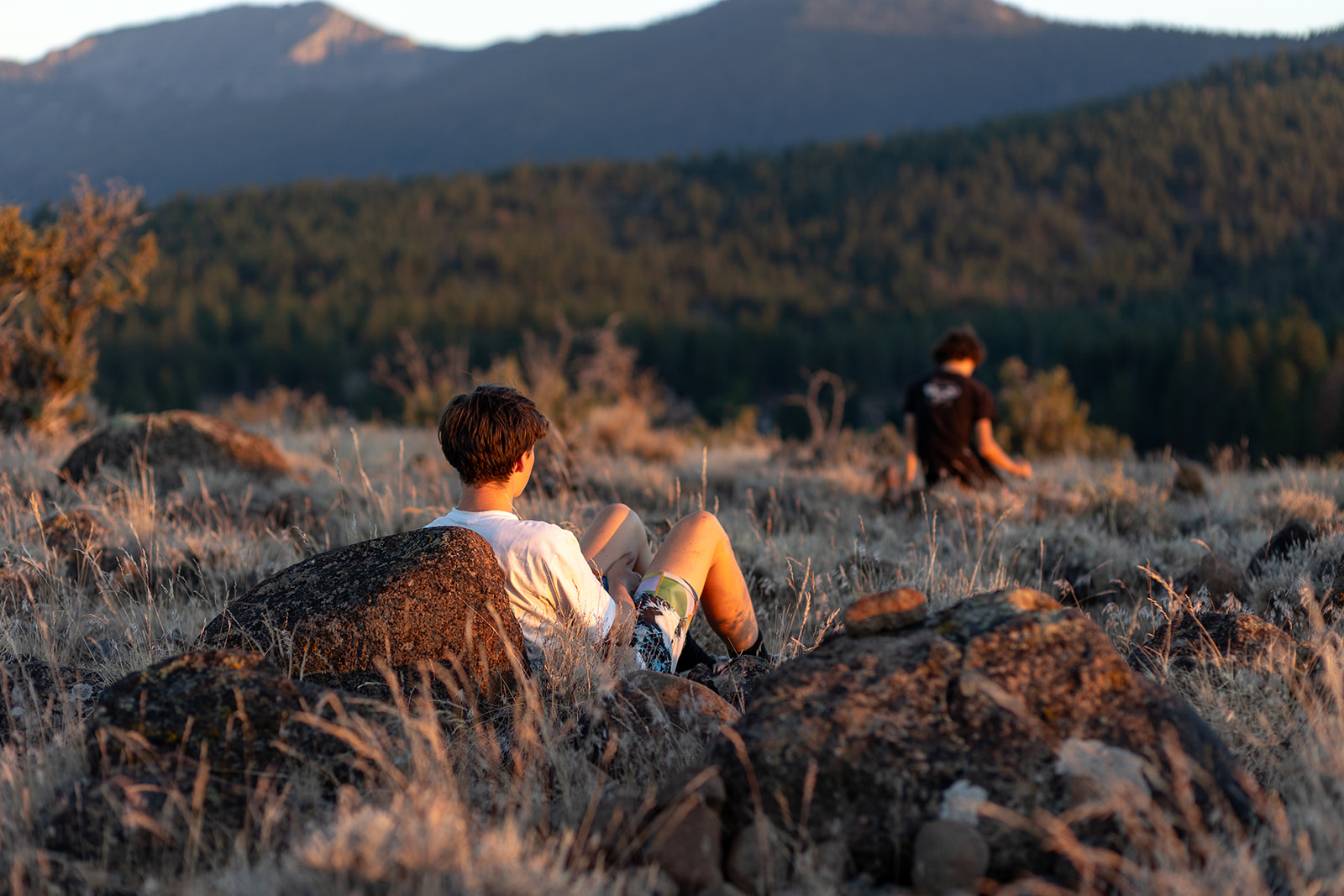
Helping Your Child Adjust After Summer Camp: Coping with Post-Camp Blues
The end of a summer camp session is often filled with hugs, laughter, and a few tears. After a session of adventure, connection, and personal growth, it’s natural for campers to experience a mix of emotions upon returning home. This phenomenon, often referred to as “post-camp blues” or “campsickness,” is a common and normal part of the post-camp experience.
Understanding Post-Camp Blues
Post-camp blues are akin to the “post-vacation blues” or the emotional dip that can occur after significant life events, such as the end of a college semester or a much-anticipated holiday. At camp, children immerse themselves in a structured environment filled with constant activity, social interaction, and a sense of purpose. Returning home, they may find the contrast in pace and environment challenging, leading to feelings of sadness or restlessness.
According to the Child Mind Institute, it’s common for children to exhibit increased neediness or moodiness after camp, even if they were independent and thriving while away. Recognizing that these feelings are a normal part of reentry can help parents provide the support their children need during this transition. Child Mind Institute
Tips for Helping Your Child Adjust After Summer Camp
Here are some strategies to help your child adjust after their time at summer camp:
1. Validate Their Feelings
Acknowledge that it’s normal to miss camp and feel a bit down after such an enriching experience. Let your child know that their feelings are valid and that it’s okay to grieve the end of camp while cherishing the memories made. Two things can be true!
2. Encourage Storytelling
Invite your camper to share stories about their adventures, friendships, and favorite activities. This not only helps them process their experiences but also allows you to connect with their camp life and integrate the two worlds a little more.
3. Recreate Camp Activities at Home
Bring a bit of summer camp home by organizing activities similar to those at camp. Whether it’s a backyard campfire with s’mores, a family hike, or crafting sessions, these activities can help ease the transition. This isn’t about replicating summer camp exactly, but about honoring the fun experience. Allow your camper to join the recreation process as a way of sharing with your family, and honoring what their favorite parts were.
4. Maintain Connections
Encourage your child to keep in touch with camp friends through letters, emails, texts, and calls (parent supervised as age-appropriate!) Maintaining these relationships can provide a sense of continuity and support. It can be nice to connect with other people that “get it” when we are navigating a experience like the transition home from camp.
5. Establish Rhythm + Routine At Home
Camp life is all about rhythms and routines, with meals and activity times happening at the same time every day. Gradually reintroduce a daily routine at home to provide structure and a sense of normalcy. Consistent meal times, bedtimes, and planned activities can help your child adjust back to home life.
6. Plan Something To Look Forward To
Camp may have been THE event of your camper’s summer, and we understand the financial investment this is for many families. So this doesn’t have to be elaborate or expensive. It can be as simple as discussing something already upcoming like a family/friend birthday, a community event, or the start to school. If you have other events or trips planned, enjoy building excitement for this with your child so there is something to look forward to. This can help shift their focus from what they’ve left behind to the exciting experiences ahead.
7. Create A Memory Item
Help your child compile photos, drawings, and mementos from camp into a scrapbook, shadow box, collage, or other form of media. This tangible reminder of their experiences can be a way for them to share stories and become a cherished keepsake.
8. Remember, Patience + Support
Every camper is unique in how they process. Your camper may sail through the transitions of life with ease or take a little more time and TLC (Tender Loving Care). Understand that adjusting takes time. Offer your support, listen actively, and provide reassurance as your child navigates their emotions, whatever that looks like for them.
Looking Ahead with Gratitude
The emotions your child experiences after camp are a testament to the meaningful time they had. By acknowledging their feelings and providing a supportive environment, you help them integrate their camp experiences into their personal growth journey.
Want more camp tips?
For more insights and resources on supporting your child post-camp, visit our blog at Mountain Meadow Ranch Blog.
Needing a little more support or tips as you navigate the Post-Camp Blues? Connect with one of our Directors below:
